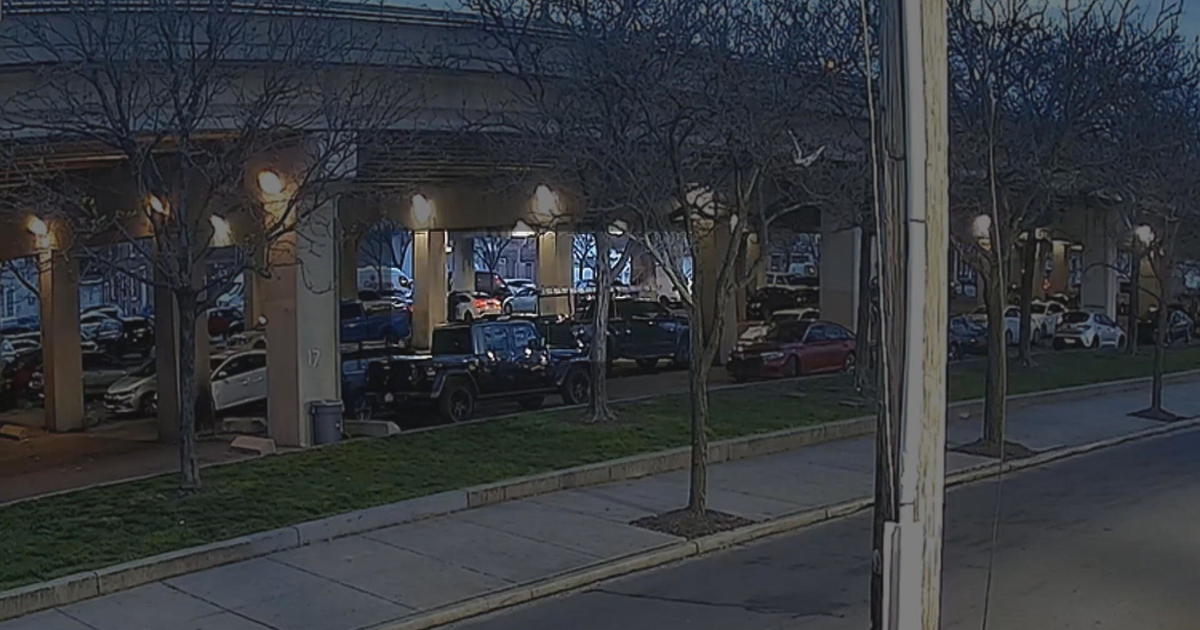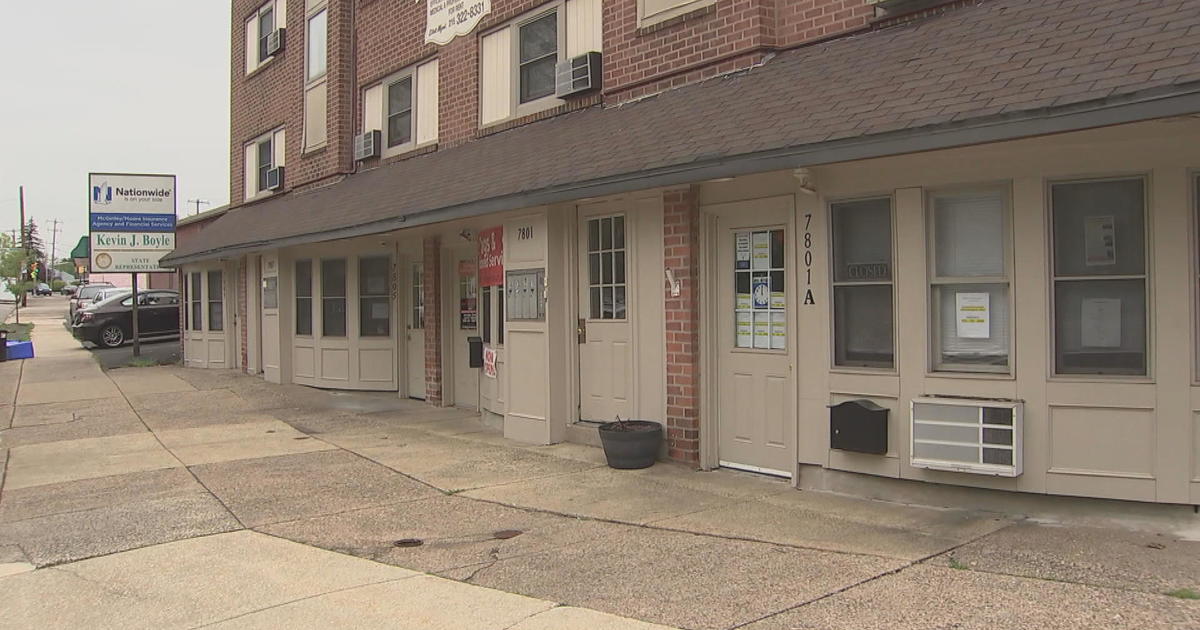Philadelphia Man Files Lawsuit Under New Supreme Court Ruling
PHILADELPHIA (AP) — A Philadelphia man, imprisoned since 1973, asked Monday to be released in the wake of a Supreme Court ruling last week that said it was unconstitutional to impose mandatory life terms on juveniles.
Tyrone Jones' petition appears to be the first filed in the wake of the court's 5-4 decision. The 56-year-old has served nearly four decades since his arrest at age 16 in a North Philadelphia street slaying.
Pennsylvania prisons have nearly a quarter of the nation's approximately 2,100 teen lifers because state sentencing laws give judges only two options for anyone convicted of first-degree murder: a death sentence or life in prison without parole. Also, Pennsylvania juveniles of any age can be tried as adults.
Some 13-year-old suspects have later been sentenced to life in prison, according to Marsha Levick, a co-founder of the Juvenile Law Center in Philadelphia. Others took plea deals for a life sentence rather than face the death penalty, which was on the table for juvenile offenders until a 2005 Supreme Court decision.
"We're going to see a myriad of (state) responses, but with so many of them in Pennsylvania, we want to get it right, and see that it's fair and (within) the spirit of the court's decision," Levick said.
Several other states are considering comprehensive reviews of such cases, to determine if new sentencing hearings are warranted for all lifers sentenced as teens. In Pennsylvania, lawmakers are expected to wade into the issue at a July 12th senate committee hearing.
Innocence Project lawyers also hope to overturn Jones' conviction. They say he was convicted based solely on two contradictory police statements — and despite contrary ballistics evidence and witness descriptions.
The petition to appeal his life sentence was filed Monday morning in Philadelphia Common Pleas Court. Philadelphia courts turned out at least 250 of the approximately 480 juvenile lifers now housed in Pennsylvania prisons, Levick said. The sentences date back to the 1950s, and cover every decade since then.
"There has to be some type of process for a more reasonable and more constitutional sentence," said lawyer Hayes Hunt, who filed Jones' appeal as part of his pro bono work with the Innocence Project.
(© Copyright 2012 The Associated Press. All Rights Reserved. This material may not be published, broadcast, rewritten or redistributed.)



